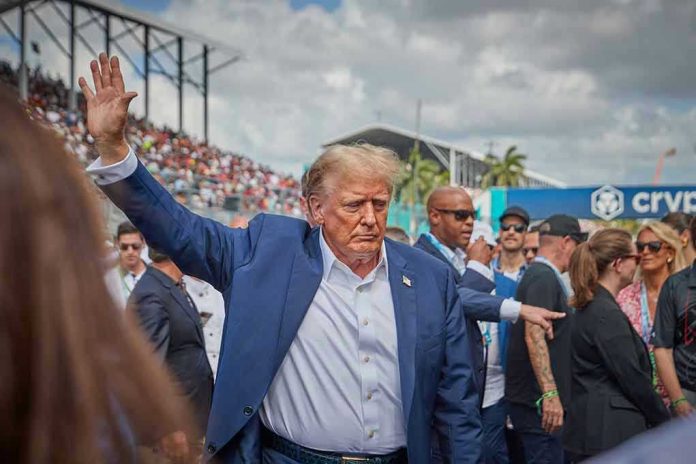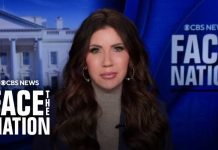
A new investigation call into the FBI’s handling of the Thomas Crooks case raises questions about transparency and accountability.
Story Highlights
- Thomas Crooks attempted to assassinate now-President Donald Trump in 2024.
- The FBI’s investigation is under scrutiny for possible omissions and lack of transparency.
- Secret Service faced suspensions due to security lapses at the event.
- There are calls for a renewed, independent investigation into Crooks’ motives and the FBI’s probe.
Assassination Attempt Raises Alarm
On July 13, 2024, Thomas Matthew Crooks attempted to assassinate Donald Trump, then a presidential candidate, at a rally in Butler, Pennsylvania. Positioned on a rooftop, Crooks fired shots that narrowly missed Trump, with one bullet grazing his ear. Tragically, one attendee was killed, and two others were injured before Crooks was neutralized by Secret Service agents.
The FBI quickly took charge of the investigation, but their probe has been criticized for lacking transparency, sparking calls for a fresh inquiry into Crooks’ background and the FBI’s investigative processes.
The FBI’s investigation concluded that Crooks, a 20-year-old engineering student, acted alone, but critics argue that key questions remain unanswered. Crooks’ motives are unclear, though evidence suggested radicalization and bomb-making interests.
Allegations of investigative omissions have emerged, leading to public distrust in the FBI’s findings. Security failures were evident, with six Secret Service agents suspended for lapses that allowed Crooks to access a vantage point near the rally, posing significant risks to Trump and rally attendees.
Demands for a New Investigation
The call for an independent investigation into both Crooks’ motives and the FBI’s handling of the case gains momentum. Media outlets and political commentators, including Tucker Carlson, have voiced concerns about the depth and transparency of the FBI’s investigation.
They argue that without a comprehensive understanding of Crooks’ actions and possible connections, security protocols cannot be effectively reformed. Critics allege that the FBI may have withheld critical information, further fueling public skepticism and demanding accountability from federal agencies.
Despite the FBI’s assertion that Crooks acted alone, questions about his digital communications and potential influences remain. The sophistication of his preparations, including encrypted communications and weapon acquisition, suggests the possibility of broader intent.
The FBI’s investigation, described as extensive with over 480 staffers involved, has been criticized for not fully addressing these concerns, prompting demands for congressional oversight and independent review.
Broader Implications and Public Trust
The Crooks case underscores the need for heightened security measures and transparency in federal investigations. The immediate impact includes increased security costs for political events and intensified public anxiety. Long-term implications may involve reforms in Secret Service protocols and FBI investigation procedures.
The case highlights the erosion of public trust in federal agencies, exacerbating political polarization and conspiracy theories. Calls for a renewed investigation aim to restore confidence in the justice system and ensure accountability in high-profile cases.
As the nation grapples with the implications of the Crooks case, the demand for transparency and reform in federal investigative processes remains critical. Ensuring accountability and trust in federal agencies is paramount to safeguarding democratic principles and public safety.
The ongoing debate about political violence and the role of federal oversight continues to shape discussions about the future of security and justice in America.
Sources:
KFOXTV (Tucker Carlson, FBI probe)
CBS News (Crooks’ double life)
The Telegraph (social media, FBI investigation)











